Never forget the reasons my father’s generation fought the Second World War - Andrew Vine
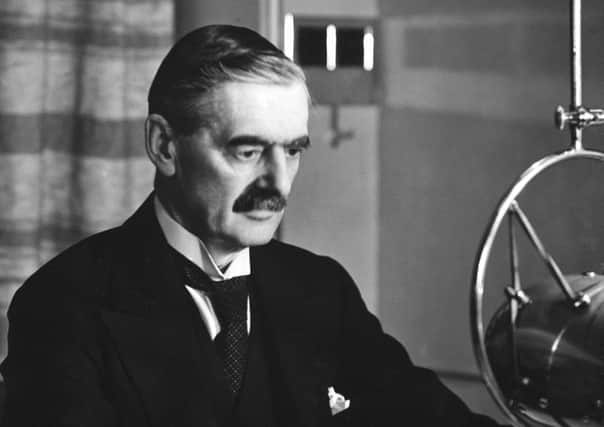

A quarter of an hour earlier, the final deadline from Britain to Germany to give an undertaking that its troops would be withdrawn from Poland, which it had invaded two days earlier, had expired.
The nation held its breath as Neville Chamberlain told the millions hanging on his words: “I have to tell you now that no such undertaking has been received and consequently this country is at war with Germany.”
Advertisement
Hide AdAdvertisement
Hide AdThe recording of the broadcast, easily found on the internet, has lost none of its power to chill.
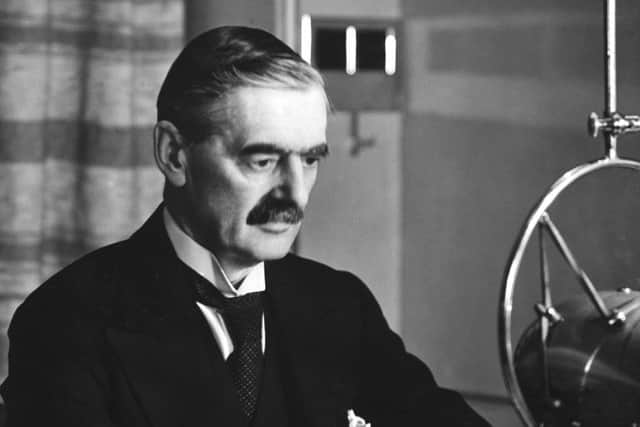

Those who heard it as it was happening recalled exactly where they were and the reactions of those around them, which commonly enough was the exchange of silent glances, because nobody could find the words to sum up how they felt.
For my father, already conscripted into the Royal Artillery, it was in a mess hall at the South Gare, the great breakwater that guards the mouth of the Tees just north of Redcar beach, which was full of troops going through basic training. The silence that followed was broken by a sergeant ordering the men back to work.
Advertisement
Hide AdAdvertisement
Hide AdThere should be a silence today, too, to mark this 80th anniversary of the start of the Second World War.
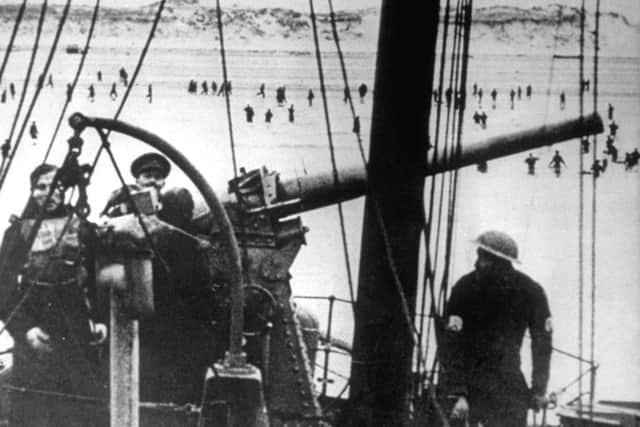

I shall certainly pause for a couple of minutes at 11.15am, and it would be no bad thing if schools either did likewise – or played the recording to students to encourage them to think about the events that followed and their continuing resonance today.
That matters because the number of people who can tell them about what it felt like to be told that Britain was going to war in Europe again, a little more than 20 years after a generation had been lost in the Great War, diminishes by the day.
Advertisement
Hide AdAdvertisement
Hide AdThe overwhelming majority of servicemen who were already in the forces or about to be called up are gone, my father among them.
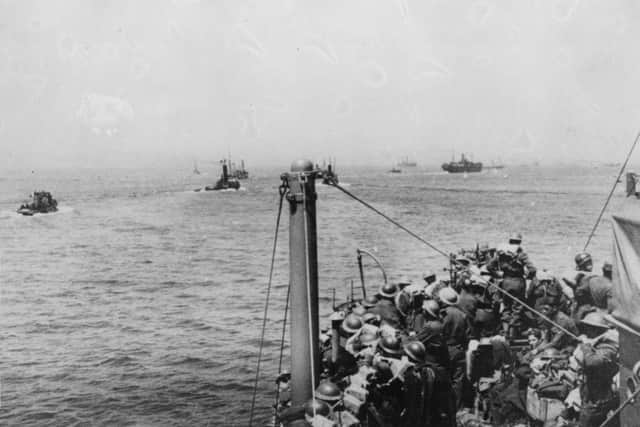

As much as families treasure their recollections, and hand them on from generation to generation, they can never have the immediacy of being spoken by somebody who was there.
At the next great anniversary, of the Dunkirk evacuations in spring next year, there will be only a handful of veterans left to bear witness. And by the time we commemorate the Battle of Britain a few months later, hard though it is to contemplate, it is possible that the last of The Few will have bowed out.
Knowing what the generation that fought and won the war did, whether humble artilleryman, infantryman praying for deliverance from a beach being shelled, or Spitfire pilot is vital to understanding Britain’s journey since then, especially because there can be a shocking degree of ignorance about the war.
Advertisement
Hide AdAdvertisement
Hide AdOne of those Spitfire pilots, Geoffrey Wellum, who died last year aged 96, wrote a best-selling memoir about fighting in the Battle of Britain, called First Light, which was published in 2002.
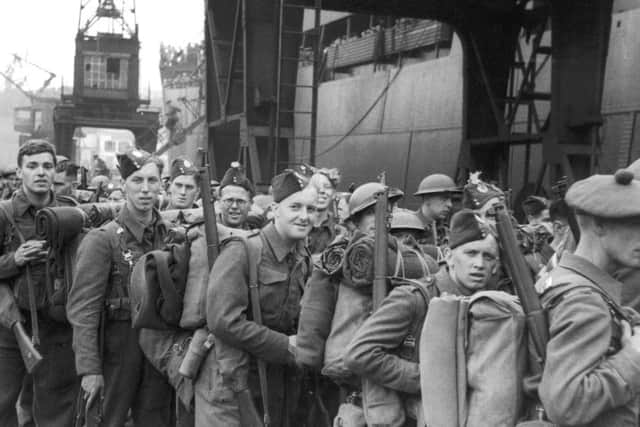

I later had the privilege of meeting him, and he told me that he had been asked – in all seriousness – by a journalist if, during dogfights, the computer in his cockpit sounded an alert when he ran low on ammunition. I can still picture him shaking his head in disbelief.
Let’s hope that’s an extreme example, but there is nevertheless a haziness about what happened that is only likely to increase as distance from the events grows greater, and more families no longer have a relative who was there to coax into telling them what it was really like.
Advertisement
Hide AdAdvertisement
Hide AdThat is part of why it is important to mark today’s anniversary, and to work at both keeping remembrance of the war alive and increasing understanding of what it was about in its epic struggle to free Europe and the wider world from tyranny.
Too much of that is already being forgotten. Vast numbers of voters in Europe cast their ballots for far-right, authoritarian parties which though they dare not overtly praise the Nazis, look backwards to them with an admiration that is alarming.
And understanding the purpose of the war matters especially now, when Britain’s relationship with Europe seems about to become more distant.
There are voices to be heard that speak of neighbouring countries with a degree of antipathy that ignores the bonds of friendship and trust forged with them in fighting for freedom.
Advertisement
Hide AdAdvertisement
Hide AdThey sometimes seek to invoke wartime imagery of Britain standing alone, which is absurd in a modern political context and insulting of the memories of those who fought. Perhaps they, as well as the young, should listen to Neville Chamberlain’s address to the nation that morning of 80 years ago and reflect that what Britain did was stand with its friends, rather than turning its back.